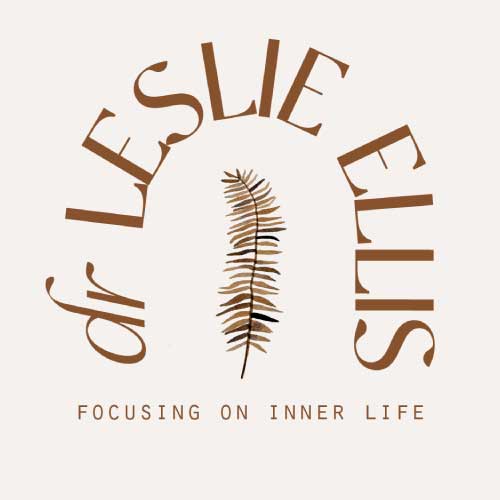We’ve all experienced nights like this: where we toss and turn and worry and plan, and when morning comes, it feels as if we have barely slept at all. The truth is you may actually be getting a lot more sleep than you realize. New research suggests there can be a big difference between your real and perceived duration and quality of sleep. A group of Swiss researchers recently found that when we are in our deepest sleep, we tend to perceive the opposite.
In the recent experiment at the Center for Investigation and Research on Sleep and University Hospital in Switzerland, researchers recruited 20 good sleepers and 10 with severe sleep misperception (also called paradoxical insomnia). In the sleep lab, they woke the participants up a collective total 787 times, at different sleep stages, to inquire about their perception of the quality of their sleep. Sleep stages were measured by high-density EEG. Our brain waves clearly show when we are in the deepest non-rapid eye movement (MREM) or ‘slow-wave’ sleep, and when we enter lighter, dream-rich REM sleep, or any of the stages in between.
One of the biggest surprises in this research by Stephan, Castaldi and Sicari (2021) is that we tend to perceive the opposite of what is true. They said, “Surprisingly, in good sleepers, sleep was subjectively lightest in the first two hours of NREM sleep, generally considered the ‘deepest’ sleep, and deepest in rapid eye movement (REM) sleep. Both the good sleepers and the sleep misperceptors felt they were sleeping deeply when they reported “dream-like features of conscious experiences… These findings challenge the widely held notion that ‘deep’ (slow wave) sleep best accounts for feeling soundly asleep.”
Anecdotally, this observation is supported by sleep medicine practitioners. At a sleep conference, I recall listening to a sleep doctor talk about a particular patient who checked into the clinic because he suffered from terrible insomnia. They set him up in the sleep lab, connected him to the EEG equipment to record his sleep duration and quality. In the morning, the lab staff were able to report to him that he had a full 8 hours of normal, restful sleep. The speaker said he happened to overhear a phone conversation the man had with his wife that morning. The man said, come get me, the doctors here don’t know what they’re talking about. In his perception, he had once again barely slept at all.
In the Swiss study, researchers wanted to know if this kind of sleep misperception was similar in nature (though clearly not in degree) to that of good sleepers. They found that both groups perceived they were awake more often during the first two hours of sleep, when we drop into our deepest sleep of the night, and again in the last hour before waking. Predictably, the misperceptors felt awake more often than good sleepers. The researchers also found that the ‘wake-like’ neurophysiological processes that typify NREM infiltrated REM more often for paradoxical insomniacs, possibly accounting for their misperceptions.
In terms of sleep perception, the only difference between the two groups was that misperceptors reported more thought-like experiences than good sleepers. Overall, the more dream-like experiences perceived, the greater the sense of having experienced a good sleep. This gives a clue about how you might treat paradoxical insomnia, and insomnia in general – stop thinking so much about whether or not you are sleeping, or worrying about how well you are sleeping. Instead, allow your mind to wander and to dream. Get a sleep meditation app like Insight Timer and find your favorite voice to fall asleep to. I notice when I listen to the same yoga nidra recording over and over, I lose big chunks of it to sleep, something I would not even realize if I didn’t know the sequence so well.
It may also really help to change your expectations about what sleep should be like, especially as you age. A continuous sleep, in which you lay your head down at night and are conscious of nothing until you wake up in the morning, can indeed be a rare event for many people – for example women experiencing menopause, and the elderly. Those who adapt best to this learn to accept periods of wakefulness as part of the norm. It may help to know that in these periods we perceive as wakeful, we may in fact be getting a lot more sleep than we think.

